We all get the urge to declutter. Maybe it’s spring cleaning, a move, or just a desire to start fresh. Whatever the reason, it feels good, until it doesn’t. In the middle of tossing, donating, or downsizing, you might believe you’re being practical. After all, if you haven’t touched it in years, why would you need it now? But some items don’t reveal their importance until they’re gone, and that moment of regret often hits like a punch to the gut. What seemed like junk yesterday might have been the last link to your childhood, a moment in time, or a person you’ll never see again. These aren’t just things—they’re pieces of your story, often tucked away in boxes or drawers, quietly holding meaning that outlasts trends and space-saving tips. While minimalism has its place, and organization is useful, some possessions are worth holding onto for reasons deeper than convenience. This article covers the most common items people deeply regret getting rid of—sentimental, practical, and irreplaceable things that often end up in the trash but should’ve been treasured instead. Before you start your next clean-out, pause and consider whether you’re about to lose more than just clutter.
Childhood Photos and Family Albums
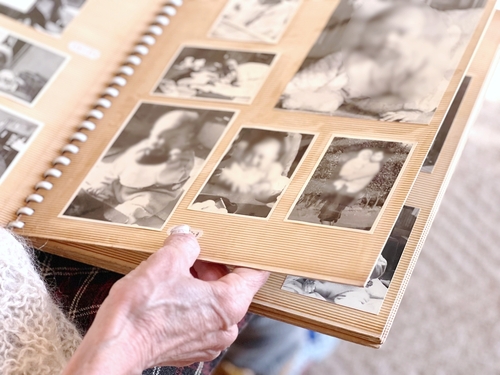
There’s something irreplaceable about holding an old photograph in your hands. It’s not just a picture—it’s a frozen moment from your life, a visual time capsule that can instantly transport you back to a memory long forgotten. Throwing away childhood photos or family albums often feels like the right move during a deep-cleaning spree, especially if they’re gathering dust or taking up space. But once they’re gone, they’re gone for good. Years from now, you may find yourself aching to see what your childhood bedroom looked like, or how your parents smiled when they were your age. These photos become priceless heirlooms, even if they seem ordinary in the moment. Scanning them into digital form helps, but even high-res copies don’t quite match the sentimental value of the original prints. If you’re tempted to toss them, store them instead. Box them up and put them somewhere safe. You may not need them often, but when the day comes that you want them—you’ll be grateful you kept them.
Important Documents and Certificates
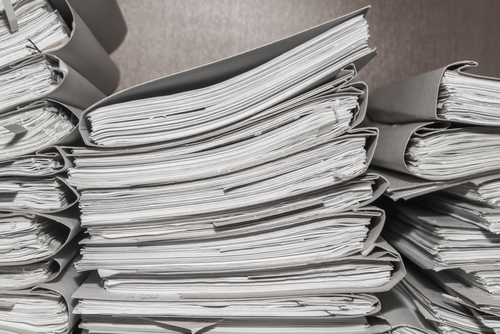
In the age of cloud storage and digital records, it’s easy to underestimate the importance of paper documents. But many essential forms still need physical copies. Think birth certificates, tax records, school transcripts, or even immunization cards. These items are often impossible—or at least frustrating and expensive—to replace. Throwing them out can mean hours or weeks of bureaucratic headaches, and in some cases, missed opportunities. Maybe you’re applying for a visa, switching jobs, or dealing with estate planning—whatever the situation, that paper you thought you didn’t need can suddenly become critical. Keep documents in a dedicated folder, preferably a fireproof or waterproof container. Label everything clearly and update your files every year or so. Decluttering should never mean deleting your history. These papers are part of your life’s official record, and treating them with care now saves future stress and regret.
Read More: 15 Sneaky Ways Clutter Holds You Back in Life
Old Electronics (With Personal Data)

You might be ready to get rid of that ancient laptop or cracked smartphone, but don’t be too quick to toss it. Electronics often store far more than you remember—banking logins, private messages, personal photos, even identity data. If you don’t wipe your devices properly before throwing them away, they can become goldmines for data thieves. Even if privacy isn’t your concern, you could still lose access to photos or videos that were never backed up. And some old tech, especially vintage or rare models, may even carry resale or recycling value. Tossing it in the bin skips the chance to recover your memories or some cash. Instead of trashing your old electronics, recycle them through proper e-waste programs, or at least remove the hard drive or memory card before you do. Always ask yourself: “What’s still on this device that I might miss later?” If the answer is anything at all, hold off on tossing it.
Handwritten Letters and Notes

There’s a powerful intimacy in handwritten words. The curve of someone’s handwriting, the pressure of the pen, the smudged ink—all those things carry emotional weight that a typed message just can’t replace. Old love letters, birthday cards, thank-you notes, and scribbled messages from friends might seem unimportant at first glance. But years later, they often become treasured keepsakes. These pieces of paper can offer comfort after a loss, joy during a hard time, or laughter when you least expect it. Many people who declutter ruthlessly report deep regret over throwing away handwritten notes, especially from people who have since passed away. Even if they seem silly or outdated now, these small artifacts of connection often become the most meaningful. You can keep them in a shoebox, bundle them with a ribbon, or scan them into a digital archive—but try not to toss them out completely. Their true value tends to grow with time.
Childhood Toys and Stuffed Animals
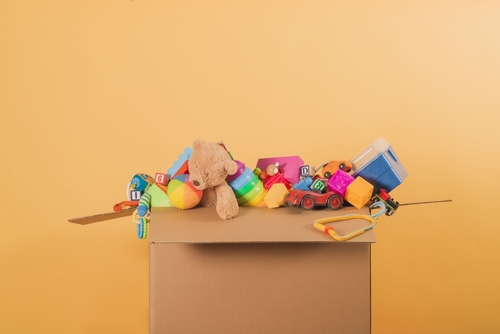
You might feel silly holding onto a worn-out teddy bear or a plastic action figure from your youth, but childhood toys carry more than playtime memories. They often symbolize comfort, security, and innocence. For many, these objects hold the emotional weight of family bonds and simpler times. As adults, we sometimes find ourselves craving connection to those feelings—and the toys we once held dear can provide just that. If you eventually have kids of your own, you might wish you had saved a few things to share your past with them. Even displaying one or two nostalgic pieces in your home can be a beautiful nod to your personal history. Many people regret giving away their childhood comfort items, especially when there’s no way to get them back. You don’t need to keep every stuffed animal or toy car, but keeping a few meaningful ones can help preserve your story in a tangible way.
Jewelry With Emotional Value
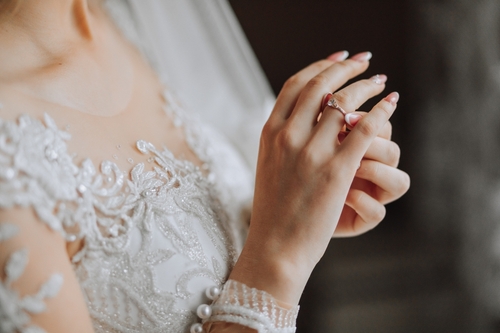
Jewelry doesn’t have to be expensive to be valuable. A necklace from your grandmother, a promise ring from your first love, or a charm bracelet full of memories—these items may seem small, but their emotional weight can be enormous. It’s easy to toss or sell jewelry when it goes out of style or breaks, especially if you’re not wearing it anymore. But time has a way of making these pieces feel significant again. You may regret discarding them when you realize they represented a part of your life, a person you loved, or a milestone you lived through. Even broken or outdated jewelry can be repaired, repurposed, or stored safely for later reflection. You don’t have to wear it every day for it to matter. Sometimes, just knowing it’s there is enough to hold onto those memories.
Home Videos and Audio Recordings
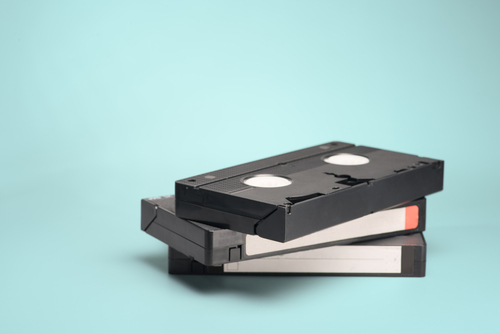
In the digital age, VHS tapes, cassette recordings, and DVDs may seem like obsolete junk. But don’t let their outdated format fool you—these items are often some of the most treasured pieces of family history. Home videos capture moments in motion: your toddler’s first steps, a grandparent’s voice, the sound of laughter during a family gathering. Once you throw those recordings out, they’re gone forever. Converting them to digital formats is easier than ever now, and it’s worth the small investment of time and money to preserve them. If you’re downsizing or decluttering, set aside a few hours to watch, label, and digitize what you can. Even if you never rewatch them regularly, having the option to do so can bring deep emotional comfort later in life. Regret hits hardest when memories are lost for good.
Final Thoughts
Hold Onto What Holds Meaning

Regret doesn’t always arrive loudly. Sometimes it shows up quietly, like a pang in your chest when you realize something you tossed in a trash bag was actually a piece of your identity. The hard truth is this: you won’t miss every item you discard, but the ones you do will hurt. And when those irreplaceable objects are gone—be it a letter, a photo, a voice, or a keepsake from someone you loved—there’s no store, download, or backup that can bring them back. The goal of decluttering should never be to erase the past, but to make space for what matters most. As you simplify, make sure you’re not sacrificing memories on the altar of convenience. It’s okay to let go of the unnecessary—but keep the meaningful. Years from now, when life looks very different, those saved items might be the only bridges left to a version of yourself or a person you once held dear. Don’t throw that away too easily.
Think Twice Before You Toss
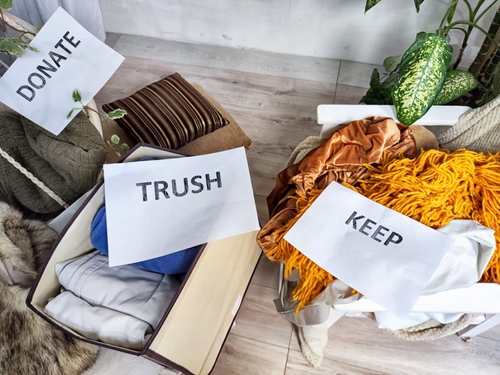
The items listed above may seem ordinary, outdated, or even useless in the moment—but hindsight has a way of revealing their true worth. Whether it’s a childhood photo, a handwritten letter, or a piece of jewelry from someone you loved, these objects hold emotional weight that can’t be replaced. People often throw things out in pursuit of minimalism or organization, only to discover later that they’ve lost something far more valuable than space. The cost of that regret isn’t measured in dollars—it’s measured in memories, relationships, and moments you can’t recreate. So before you toss something that’s even remotely personal or irreplaceable, pause. Ask yourself if you’ll miss it in a year—or in ten. If there’s even a flicker of doubt, keep it. It’s better to hold onto one extra box of meaningful items than to live with the quiet ache of something you can never get back. In the end, a clutter-free home is nice—but a life filled with connection, history, and sentiment is priceless.

